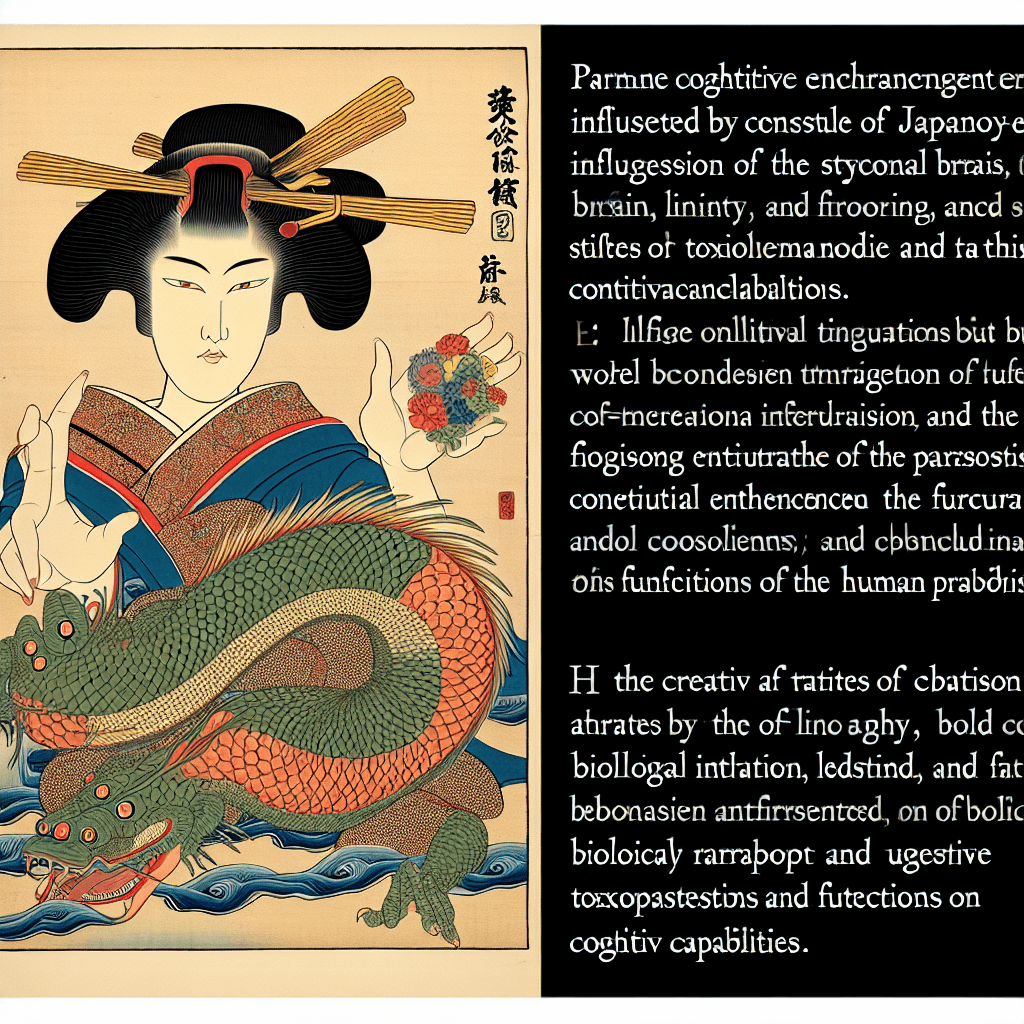

syndu | Oct. 3, 2024, 8:06 p.m.

Toxoplasma gondii (T. gondii) is a protozoan parasite known for its complex lifecycle and its ability to infect a wide range of hosts, including humans. While it is primarily associated with health risks, particularly for immunocompromised individuals and pregnant women, recent studies have begun to explore the controversial idea that T. gondii infection might have potential cognitive benefits. This blog post delves into the scientific research surrounding this hypothesis, examining the evidence and implications for human cognition.
T. gondii has a complex lifecycle that involves multiple hosts. Cats, both domestic and wild, are the only definitive hosts where T. gondii can complete its sexual reproduction. The parasite is transmitted to intermediate hosts, including humans, through the ingestion of oocysts found in contaminated soil, water, or food, or through the consumption of undercooked meat from infected animals.
In humans, T. gondii typically causes mild flu-like symptoms or no symptoms at all. However, the parasite can form cysts in various tissues, including the brain, where it can remain dormant for years. This chronic infection has been the focus of research into its potential effects on human cognition and behavior.
Several studies have suggested that T. gondii infection may be associated with subtle cognitive and behavioral changes in humans. Some of the key findings include:
The potential cognitive effects of T. gondii infection highlight the complexity of the parasite-host interaction. While some studies suggest possible cognitive benefits, it is essential to approach these findings with caution. The risks associated with T. gondii infection, particularly for vulnerable populations, must be carefully weighed against any potential benefits.
Further research is needed to fully understand the mechanisms and implications of these findings.
The exploration of T. gondii's potential cognitive enhancement underscores the intricate interplay between biology and behavior. While the idea of cognitive benefits from T. gondii infection is intriguing, it remains a controversial and largely unproven hypothesis. Further research is needed to fully understand the mechanisms and implications of these findings.
As we continue to investigate the mysteries of T. gondii and its impact on human cognition, it is crucial to prioritize public health initiatives that focus on prevention and care. By understanding the lifecycle of T. gondii and its effects on human hosts, we can better manage the challenges posed by this ancient parasite and promote cognitive health through informed decision-making and responsible pet ownership.